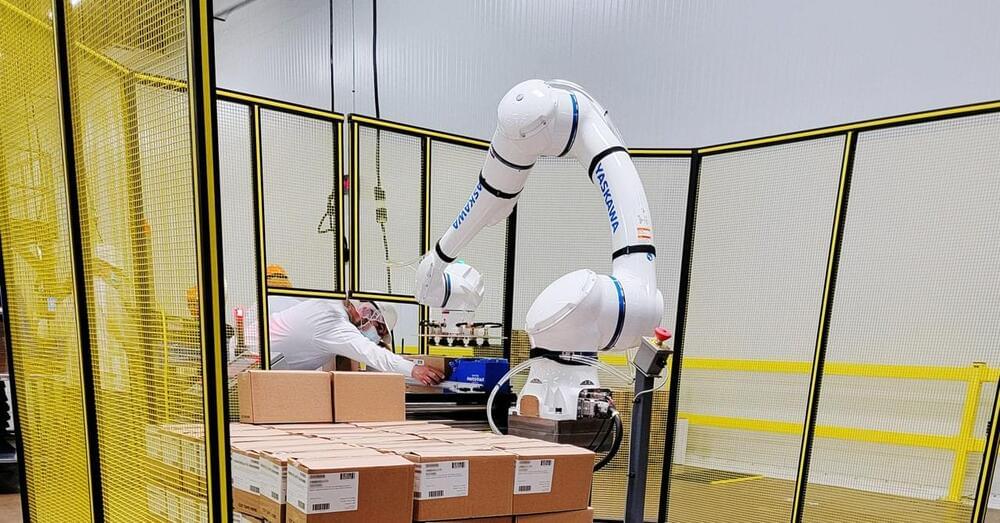A documentary exploring how artificial intelligence is changing life as we know it — from jobs to privacy to a growing rivalry between the U.S. and China.
FRONTLINE investigates the promise and perils of AI and automation, tracing a new industrial revolution that will reshape and disrupt our world, and allow the emergence of a surveillance society.
This journalism is made possible by viewers like you. Support your local PBS station here: http://www.pbs.org/donate.
Love FRONTLINE? Find us on the PBS Video App where there are more than 250 FRONTLINE documentaries available for you to watch any time: https://to.pbs.org/FLVideoApp.
Subscribe on YouTube: http://bit.ly/1BycsJW
#ArtificialIntelligence #Automation #documentary.




